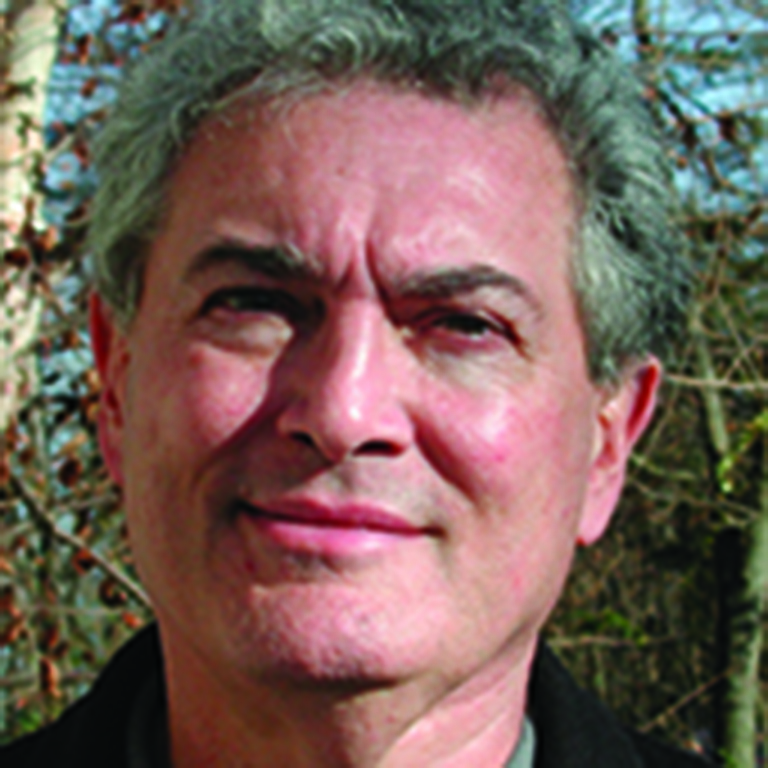Peter Bondanella, Distinguished Professor Emeritus of Italian Studies, Comparative Literature, and Film Studies at Indiana University, passed away at age 73 near his home in Utah on May 28, 2017, after a struggle with pancreatic cancer. Everyone who ever met Peter can only imagine the strength and intensity with which he fought the disease, physically and intellectually, while still working on his scholarship, traveling to conferences throughout the U.S. and Italy, visiting with Italian directors in his beloved Rome, mentoring his students, and collaborating with colleagues until the very end. Peter Bondanella earned a B.A. in French and Political Science at Davidson College (1966), a Master’s in Political Science at Stanford University (1967), and a Ph.D. in Comparative Literature at the University of Oregon (1970). After teaching for a few years at Wayne State University, he joined the faculty of Indiana University in 1972, where he had a remarkable career as a scholar and teacher of Renaissance studies, Italian cinema and culture, and literary theory, until he retired in 2007.
Although he published widely on Italian and European literature, he is best known internationally as a scholarly pioneer in Italian cinema. He began teaching regular courses on Italian cinema in English in the 1970’s, when the discipline was not taught in foreign language and culture departments, and was, only partially and sporadically, taught in Film Studies programs and units, but not as a specific academic discipline. Before the publication of Bondanella’s 1983 widely acclaimed history of Italian Cinema (Italian Cinema: From Neorealism to the Present, New York: Frederick Ungar Publishing Co., 1983, which was awarded the 1984 President's Prize from the American Association for Italian Studies), the English speaking academic world generally knew only a few major Italian filmmakers.
Among his many other publications on cinema, we must mention his books on Fellini (The Cinema of Federico Fellini, Princeton UP: 1992; The Films of Federico Fellini, Cambridge UP: 2002) and Rossellini (The Films of Roberto Rossellini, Cambridge UP: 2003), as well as the revised and updated edition of his history of the Italian Cinema (latest edition, New York: Continuum: 2009). Ever since his years in graduate school, he showed a remarkable intellectual curiosity about literary theory and culture and, in addition numerous journal articles (on Rousseau, Proust, Svevo, Kafka), Peter authored books such as The Eternal City: Roman Images in the Modern World (U of North Carolina Press: 1987, which was nominated for the Pulitzer Prize for non-fiction), and Umberto Eco and the Open Text: Semiotics, Fiction, Popular Culture (Cambridge UP: 1997). While the first book was an early model of cultural studies for Italian culture, the latter was one of the first books to revisit Eco’s entire production to date, without focusing solely on one of the many activities of the late Italian thinker.
Before these accomplishments in Italian film and contemporary literature, Bondanella began his career as a refined scholar and translator of Renaissance authors. After publishing monographs on Machiavelli (Machiavelli and the Art of Renaissance History, Wayne State University Press: 1974) and Guicciardini (Boston: Twayne, 1976), he co-translated Boccaccio’s Decameron (New York: Norton, 1977) and Machiavelli’s The Prince (Oxford UP: 1984) together with his colleague and noted translator Mark Musa. He has also cotranslated many authors with his spouse, Julia Conaway Bondanella. Among these translation and editions, we might mention Giorgio Vasari’s The Life of the Artists (Oxford UP, 1991), Machiavelli’s Discourses on Livy (Oxford UP, 1997), and Benvenuto Cellini’s My Life (Oxford UP, 2002).
Peter Bondanella was a lifetime member of the American Association of Teachers of Italian and the American Association for Italian Studies and served in leadership roles in a variety of academic organizations during his illustrious career. Additionally, he received numerous awards, including the National Endowment for the Humanities Younger Humanist Fellowship (1972-73), Senior Fellow of the American Council of Learned Societies (1988), Mellon Visiting Professor and Mellon Lecturer at Tulane University (Spring 2001), Fellow at the National Humanities Research Centre at the Australian National University, Canberra (September 2001), Mellon Foundation Emeritus Fellowship, and most importantly selection to the European Academy of Sciences and Arts (2009). Moreover, he educated and mentored three generations of scholars in Italian, Comparative Literature, and Film Studies. Many of his former students are well-known professors at major academic institutions in North America and Europe, and through their publications and teaching, they keep his scholarly and pedagogical inheritance alive.
Peter leaves behind his spouse, Julia Conaway Bondanella, a scholar of Italian Renaissance literature, and Professor Emerita of Italian Studies at Indiana University.
– Colleen Ryan & Andrea Ciccarelli

 The College of Arts
The College of Arts